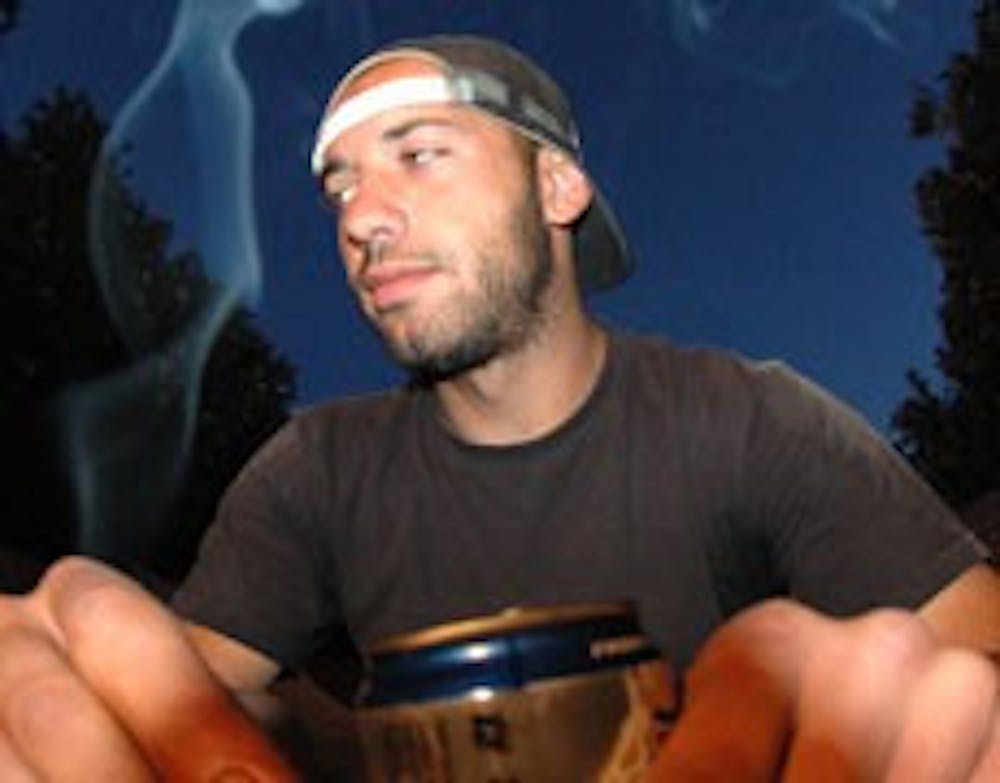Political science junior Paul Castillo doesn't smoke cigarettes, except when he drinks.
But what Castillo and other non smokers who enjoy a "social cigarette" after a couple of cocktails don't realize, is that they are quintupling their chances of becoming alcoholics, according to a recent study conducted by professors at Yale University.
The study, which was released earlier this month, concluded occasional smokers are at five times the risk of abusing alcohol than non smokers. It also determined everyday smokers run three times the risk than non smokers.
Sherry McKee, a psychiatry professor at Yale and the primary author of the study, said this was the first research that looked at the relationship between alcohol misuse among occasional smokers - people who don't smoke every day.
"In the past, researchers have overlooked this group of occasional smokers," she said. "But it turns out this group is at the highest rate of misusing alcohol."
The study used data collected by the National Institute on Alcohol Abuse and Alcoholism, which gathered information from about 43,000 adults across the country, McKee said.
"We had a lot of rich data to look at," she said. "We looked at the different measures of alcohol misuse and factored in tobacco use and then looked at the association between the two behaviors to come up with our results."
But Castillo said he doesn't think smoking makes people abuse alcohol, but he knows why people smoke when they drink.
"Everyone seems to smoke when they drink, it's just a social thing that kills the time," he said. "And you get more of a buzz."
Global studies freshman Nikki Seegers agreed with Castillo and said she, too, only smokes when she drinks.
"When I'm sober, I know smoking is really bad," she said. "But when I drink, I'm just like 'I don't even care, I'll smoke.' But it's just an occasional, social thing."
Dr. Allan Markus, director of Campus Health Services at ASU, said he believes the Yale data is right on and students who occasionally smoke are taking a bigger health risk than they think.
"Pleasure centers in the brain that are hit by alcohol are also hit by nicotine," he said. "So I think doing one definitely makes you more prone to doing the other."
Markus added he understands why some students smoke only when they drink.
"When you drink, it actually enhances the pleasurable effects of nicotine," he said. "But without the alcohol effect, there isn't as much of a nicotine pleasure.
"Students will smoke more when they drink because they get that little extra boost of pleasure from having the alcohol enhance the pleasure from the nicotine."
Economics senior Cormac Murphy, who said he doesn't smoke even when he drinks, offered another reason why some students would only drink when they smoke.
"A lot of people really want to quit smoking, but then they drink a little bit, and it becomes more social to smoke, so they lose some of their will power and just give in," he said.
Murphy also agreed with other ASU students, saying he doesn't think occasional smokers are any more likely to abuse alcohol than daily smokers or non smokers.
Reach the reporter at: samuel.good@asu.edu.




